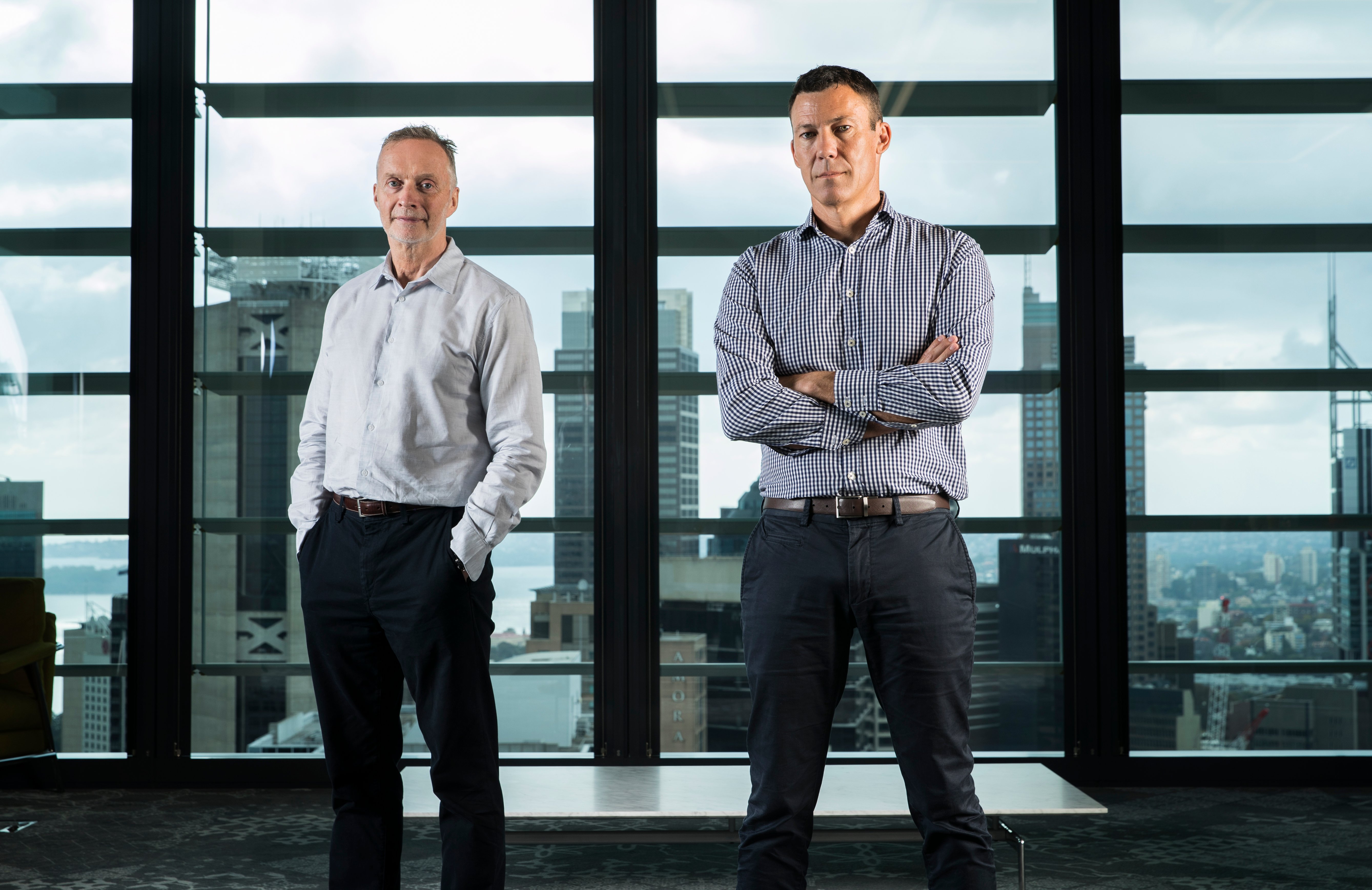Let’s face it, for most of us, raising money, even in the best of times, isn’t easy.
Over the past 13 years I’ve raised over $1 billion dollars, in the UK, Europe, North America and Asia, and pretty much none of it was simple. It might be more challenging now than it was a few months ago, but remember it’s not the first time we’ve been here.
In 2008 I was trying to raise capital to launch my first bank, Metro Bank, in the UK.
We needed about $100m and there was no interest in the UK (“you want to start a new High Street Bank?”) so we went to the US, where there is a long history of new banks and an appetite amongst investors.
Over three weeks we did up to 10 investor meetings a day. A typical day might start in New York, then see us travel to Philadelphia or Baltimore, then up to Boston and back to Connecticut. You didn’t set the timetable, the investors did.
After three weeks we had commitments to $116m and I flew back to the UK overnight, thinking, “we’ve done it, we’re going to launch the bank”.
On the Monday morning, Lehman Brothers went broke, the first snowball in the avalanche that became the GFC. Within a week $65 million of funding had disappeared. Within two weeks all of the money had disappeared. In fact, some of the companies that invested themselves disappeared.
So what’s it like now and, more importantly, what are investors looking for? Well, to start with, the same things they’ve always looked for.
Are you solving a real customer problem?
Investors start by looking at your business plan. Are you solving a real customer problem?
Too many businesses might have a solution to a customer problem but it’s no different, better or cheaper than what’s currently out there.
Prospective investors want to see that you really understand your customer and their problem.
Will your customers pay for your solution?
It’s no use coming up with a brilliant solution if customers aren’t prepared to pay enough for it.
Will you make your investors 10x their money?
The data tell us that, around the world, seven out of 10 new business ideas fail. Two out of 10 will do OK and one will punch the lights out (hopefully yours).
But, to make up for the others, that winning business needs to make a 10x return.
I’ve often heard of companies that didn’t get investment, not because they wouldn’t work, but they weren’t going to produce sufficiently high returns.
Have you got the team to deliver it?
It’s no surprise that investors invest in people. However, they rarely invest in a person. They know that no-one person is great at everything.
If you’re a great salesman, where are the people who will deliver? If you’ve developed a great product or service, where are the people who will manage the money?
Investors like teams with complementary skills, and like it even more if they’ve worked together before.
So, what’s different now?
The biggest difference I’m seeing is the move from ‘build me big customer numbers and we’ll figure out how to make money later’ to ‘show me how you’re going to make money’.
In my sector, banking, early ‘neobanks’ had two strategic options: build big customer numbers, creating a marketplace where money would be earned by taking a clip on each purchase; or build a lending model, which took longer and required more capital but provided a clear pathway to profitability.
In the COVID-19 crisis, many of those who took the first route have seen their valuations tumble.
If it sounds like things have got harder, that’s because they probably have, but that doesn’t mean that it’s not possible. 86 400 is still successfully raising capital, as are many other businesses and there’s a good reason.
Don’t forget that investors don’t make money until they invest. They’re still looking for great business models, delivered by great teams that solve a real customer problem and have a clear pathway to profitability.
There’s still money available for the right business models.
- Anthony Thomson is chairman and co-founder of 86 400




















Trending
Daily startup news and insights, delivered to your inbox.